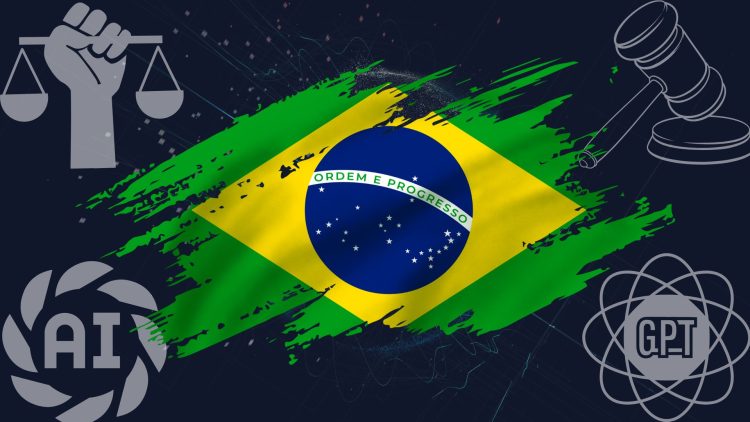Brazil is preparing to use artificial intelligence technology to transform its justice system.
Thanks to its collaboration with OpenAI, the Attorney General’s Office aims to make the justice system more efficient and effective by speeding up the analysis and classification of thousands of cases. Here are all the details.
Brazil will use AI to transform its justice system
According to Reuters, Brazil will use OpenAI‘s advanced language model GPT-4 under this collaboration. Thanks to its natural language processing capabilities, GPT-4 will be able to analyze cases and extract information from legal documents, predict the likely outcomes of cases, and, in some cases, provide legal advice. This will help prosecutors make faster and more informed decisions, speeding up the justice process and reducing the workload in the judicial system.
Brazil’s move will not only result in faster case outcomes but will also significantly reduce costs for the justice system. Losing court cases costs the Brazilian government as much as 100 billion reais (about $18.7 billion) annually. This amounts to about one percent of the country’s GDP and seriously burdens the economy.

Paulo Guedes, Brazil’s former economy minister, is reportedly unable to fully explain the reasons for this cost increase in 2021, saying, “Maybe we were asleep at the wheel”. This has left the country struggling to pay court debts since 2021 and delaying payments until 2027. Estimates suggest these debts could reach an astronomical figure of R$687.5 billion ($128.3 billion) by 2027.
OpenAI’s advanced AI technology can help the government make more strategic decisions by predicting the likelihood of winning cases and identifying risks. This can reduce resources spent on low-probability cases and focus on stronger cases. Furthermore, AI-powered analytics can help the system run more efficiently by identifying problems and glitches in the legal process.
Brazil’s initiative is an important example of how AI can be used in many areas of public services, not just law. AI technology can potentially improve the efficiency and effectiveness of public services by analyzing complex data, making predictions, and supporting decision-making.
However, the use of such technologies also raises ethical and legal questions. In particular, AI’s impartiality, transparency, and accountability need to be carefully addressed. Brazil’s approach to this issue can illuminate the global debate on using AI technology in public services.
Featured image credit: Barış Selman





